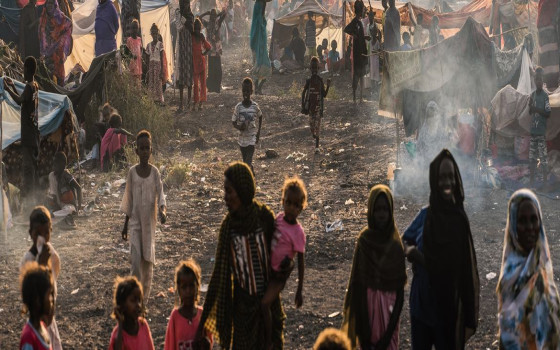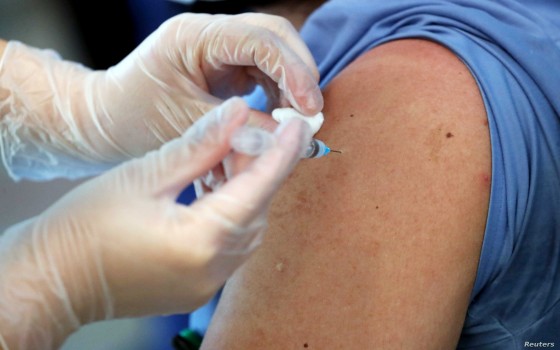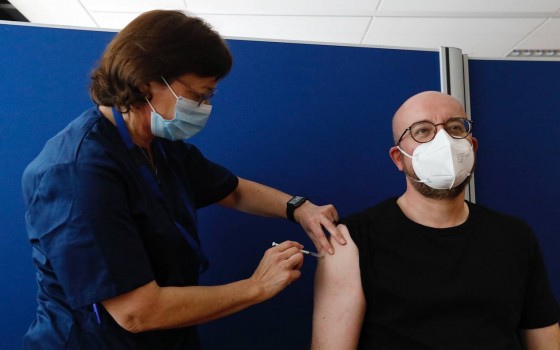
World Health Organization: The health care system in Sudan is collapsing

- Europe and Arabs
- Saturday , 25 May 2024 12:12 PM GMT
Geneva: Europe and the Arabs
The World Health Organization has warned that the health care system in Sudan is collapsing, especially in hard-to-reach areas, with health facilities destroyed, looted, and suffering from severe shortages of staff, medicines, vaccines, equipment, and supplies. According to the United Nations daily news bulletin, a copy of which we received this morning.
Speaking to reporters in Geneva yesterday, Friday, WHO spokesman Christian Lindmeier said that between 20 and 30 percent of health facilities in the country are still operational, “and even that at minimum levels.” He added that medical supplies meet only 25 percent of needs, adding that some states such as Darfur "did not receive medical supplies during the past year."
“People who suffer from diabetes, high blood pressure, cancer or kidney failure may experience complications or die due to lack of treatment,” he said.
Meanwhile, Mr. Lindemeier confirmed a significant increase in disease outbreaks - including malaria, measles, dengue and hepatitis - which are also spreading in neighboring Chad.
Impact on Chad
For her part, the representative of the World Health Organization in Chad, Blanche Anya, said that an estimated five thousand new people continue to enter the country every week, most of them women and children.
Via video from the capital, N'Djamena, Ms. Anya said: "Many women and girls have been raped. Malnutrition among children is widespread, in addition to measles and other diseases facilitated by overcrowding in resource-poor camps, creating a serious health emergency." And continuing.”
The World Health Organization representative said that between 1,500 and 2,000 cases of malnutrition are recorded every week, which has led to the death of 320 people so far among refugees and host populations, the majority of whom are children.
It also highlighted the significant mental health needs of those fleeing war in Sudan, but noted the lack of resources to address them.
Ms. Anya said funding for the humanitarian appeal in Chad remains very low, and this comes on the heels of a year in which only 30 percent of the appeal was funded, “leaving a significant gap in resources needed to avert a public health catastrophe.”
She added: “The Sudanese refugee crisis is not just a regional issue, but rather a global humanitarian emergency that requires a unified effort. The impact on Chad is profound, and we must act quickly and decisively to provide the necessary support so as not to jeopardize the country’s efforts to move towards achieving the sustainable development goals.”












No Comments Found